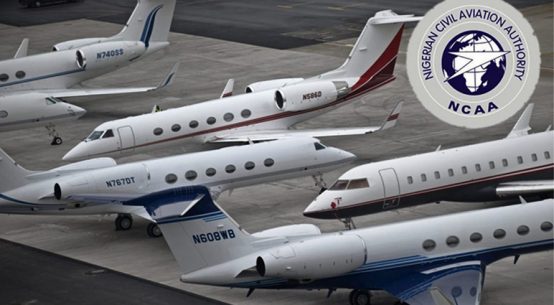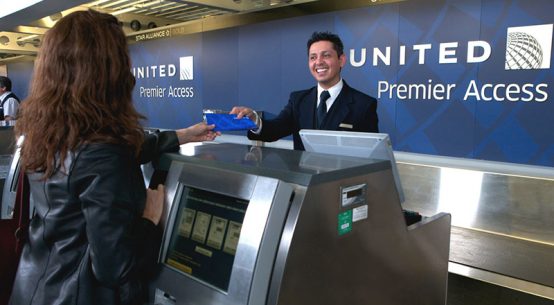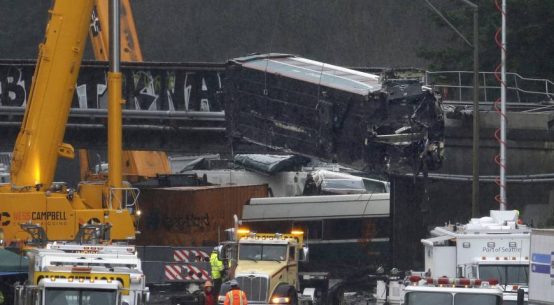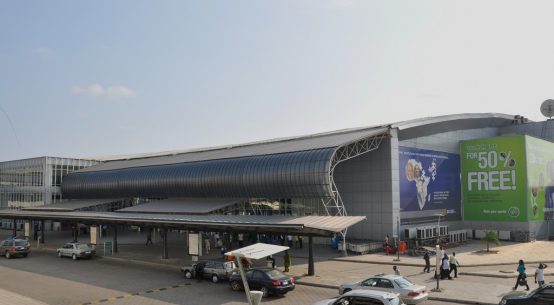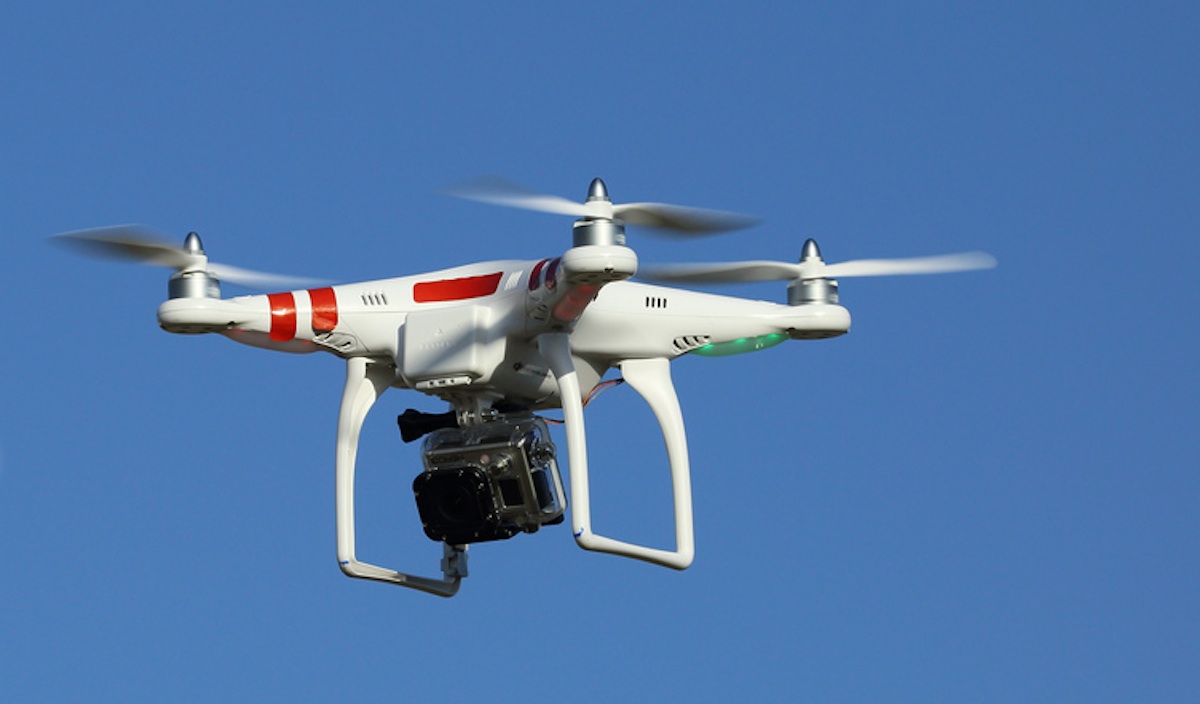
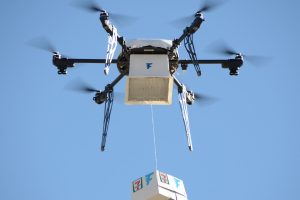
The increased usage of drones by individuals and organizations for both commercial and private purposes has raised a concern on the Federal Government of Nigeria who has commenced the formulation of regulations to address the development so to check the dangers posed by such an act. Drones are unmanned aerial vehicles that are remotely piloted by aviators or by their owners on the ground.
Speaking on the sidelines of the International Civil Aviation Organisation Remotely Piloted Aircraft System Symposium for Africa and Indian Ocean in Abuja, the Minister of State for Aviation, Hadi Sirika, explained that aviators were now on the ground to control and fly small aircraft.
He said, “The Nigerian Civil Aviation Authority’s Regulations Committee is putting a regulatory framework in place to address the commercial use of the RPAS. We have taken the lead. We have already developed regulations regarding the use of unmanned air vehicles in Nigeria and we are continuing to discuss and interact with stakeholders worldwide, such as this symposium in order to get it very correct.
“Just to quickly respond to what I read on Twitter that it is so very easy to register a drone in America and that it should be easy to register a drone that way in Nigeria; let me draw the attention of Nigerians and plead with them that our systems, values, norms, tradition, and culture are very different from that of the United States.”
The minister added, “So, we cannot afford to allow drones to roam about our airspace uncontrolled and unregulated. They will for sure be regulated, but we will not kill the enthusiasm of hobbyists and other users of drones. We will only regulate to ensure that all of us remain safe and secure.
“Imagine the use of drones to drop anthrax in an envelope somewhere, it will be disastrous to our nation because drones can carry weight. A drone can carry two kilograms of bomb to go and drop on innocent people. But that cannot be allowed in Nigeria, which is why we will regulate them.”
Sirika stated that there was a need to incorporate remotely piloted aircraft and their users into the culture of safety and responsibility, adding that the best way to accomplish this was to work with a wide range of stakeholders, including the government, aviation regulators, and manufacturers.
He, however, added that unmanned aerial vehicles were handling jobs that could be dangerous for people or other aircraft to do, adding that such cases were seen in Nigeria’s oil and gas sector.



